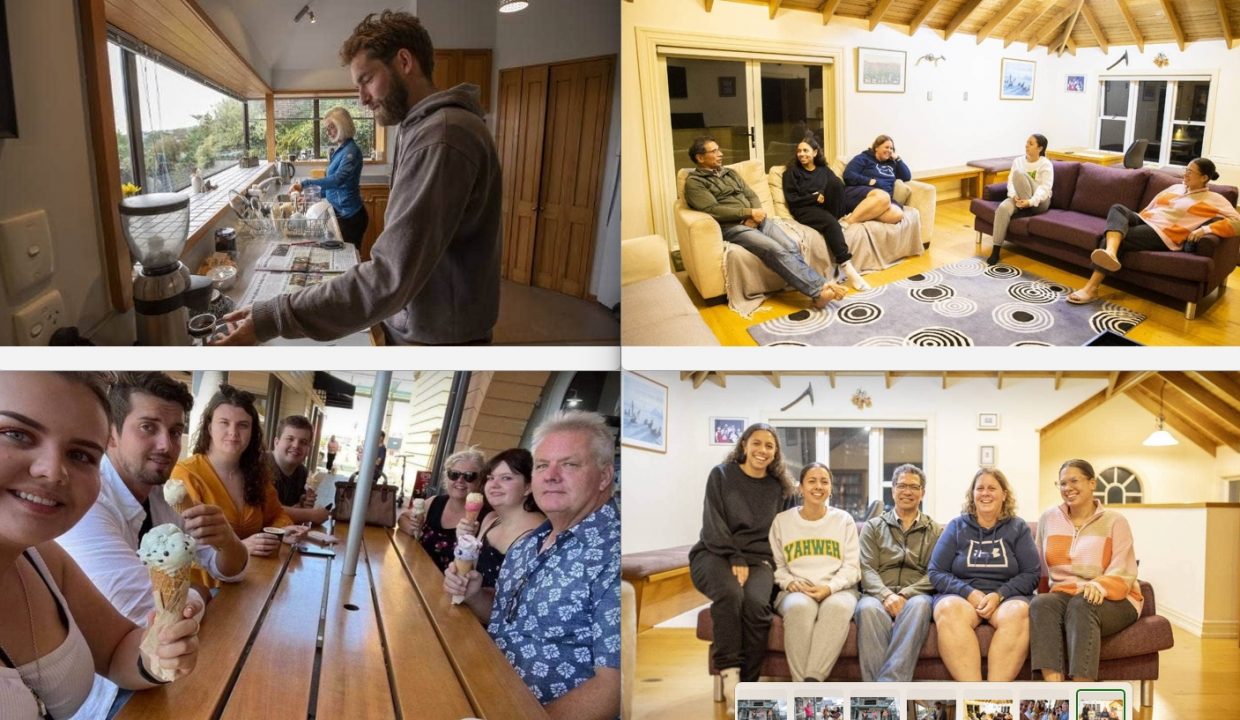
The Rise of the Boomerang Generation in New Zealand, Struggle Due to Housing Costs, Placing Pressure on Young Adults
In New Zealand, the phenomenon of “boomerang families,” where young adults return to live with their parents due to soaring housing costs and inflation, is on the rise. This issue is increasingly considered a significant concern in the upcoming New Zealand general election.
Freya Adams, a 32-year-old single mother who has been raising her 6-year-old twin daughters alone for nearly three years after parting ways with her partner, has experienced her mortgage repayments for her two-bedroom apartment doubling. Furthermore, the continuous surge in living expenses, including groceries and gasoline, has left Adams facing financial hardships.
Adams is currently studying social work at university while working part-time. Her story represents just one of many cases among young adults in New Zealand.
This trend primarily arises from the escalating cost of living and housing prices in New Zealand, and it is expected to be a prominent issue in the upcoming October election.
According to the latest data from Statistics New Zealand, approximately 25% of young adults aged 18 to 34 are living with their families, and this rate is notably increasing, especially among young individuals with regular jobs. These changes are driven by the fact that New Zealand’s real estate values are significantly higher, over seven times the average household income, making home ownership increasingly challenging.
Due to housing shortages, thousands of households are waiting for government-subsidized housing, and as a result, a new living pattern known as “intergenerational living” is emerging.
Politically, there is conflict between the Labour Party and the National Party over housing policies, and the way these issues will be addressed in the upcoming election is closely watched. In this scenario, young adults are choosing a new lifestyle pattern by living with their parents, which is considered one way to alleviate some economic hardships.

뉴질랜드에서 ‘부메랑 세대’ 급증, 높은 주택 비용에 청년층 압박
뉴질랜드에서는 높은 주거비용과 고물가로 인해 본가로 돌아가 부모와 함께 살아가는 ‘부메랑 세대’ 현상이 급증하고 있다.
이는 다가오는 뉴질랜드 총선에서 주요 이슈 중 하나로 부상하고 있는 문제로 여겨지고 있다.
파트너와 헤어진 후, 거의 3년 동안 6살 쌍둥이 딸들을 홀로 키우며 싱글맘으로 살던 32세의 프레야 아담스는 침실 2개짜리 아파트의 모기지(주택 담보대출) 상환액이 두 배로 늘어난 상황을 겪었다. 더욱이 식료품과 휘발유 등 생활물가 역시 지속적으로 상승하고 있어, 아담스는 경제적으로 어려움을 겪고 있다.
아담스는 현재 대학에서 사회사업을 공부하면서 파트 타임으로 일하고 있는데, 그녀의 이야기는 뉴질랜드의 많은 젊은 성인들 중 한 사례일 뿐이다.
이러한 현상은 주로 뉴질랜드의 생활비 상승과 주택 가격 상승 등의 이유로 발생하고 있으며, 이러한 변화는 다가오는 10월 총선에서도 주요 이슈 중 하나로 부상하고 있다.
뉴질랜드 통계청(Stats NZ)의 최신 데이터에 따르면, 18~34세 젊은 세대 중 약 25%가 가족과 함께 살고 있으며, 이 비율은 특히 정규직 일자리를 가진 청년들 사이에서 급증하고 있다. 이러한 변화는 뉴질랜드의 부동산 가치가 평균 가계 소득의 7배 이상으로 높아, 주택 구입이 어려운 상황에서 나타나고 있다.
주택 부족으로 인해 수천 가구가 정부 공공 주택을 기다리는 동안 호텔에서 생활하는 경우도 흔한 일이며, 이로 인해 ‘세대 간 삶’이라는 생활 패턴이 등장하고 있다.
정치적으로는 주택 정책을 놓고 노동당과 국민당 사이에 갈등이 있으며, 다가오는 총선에서 이러한 이슈들이 어떻게 다뤄질지 주목된다. 이러한 상황에서 젊은 성인들은 부모와 함께 살아가는 새로운 생활 패턴을 선택하고 있으며, 이는 경제적 어려움을 조금이나마 덜어주는 방법 중 하나로 여겨지고 있다.
